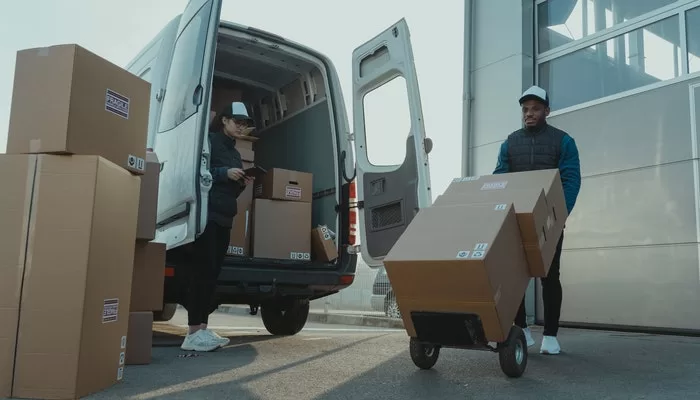Are Electric Vehicles An Efficient Option For The Courier Industry?

Since courier drivers and fleets began providing services, they heavily relied on vehicles with internal combustion engines. However, as the world wakes up to the impacts of fossil fuels on the environment, the courier industry is now considering electric alternatives as a way to reduce its carbon footprint and contribute to measures for tackling climate change. The use of electric vehicles throughout the industry by courier drivers and fleets appears to be increasing. As this development takes hold, we are looking at whether or not electric vehicles are the most efficient option for the courier industry.
The benefits of using electric vehicles
As well as providing a sustainable and carbon free alternative for petrol and diesel vehicles, for courier drivers, there are also a number of other benefits to driving electric vehicles.
CAZ/ULEZ and other city congestion charges are becoming much more prevalent across the UK and therefore, creating an additional cost to courier drivers and companies. By opting for an electric vehicle, these costs will be avoided. In the same way road tax will not be required as an annual cost due to the pure battery of an electric vehicle.
In addition, the reduction in noise created by the engine of an electric car or van, means they are far less likely to cause noise pollution and disturb residential neighbourhoods. For courier drivers, this means being able to complete deliveries later into the day without causing disruption.
Current issues with electric vehicles
Though they are far more sustainable and environmentally friendly, there are still teething problems drivers are having to deal with when owning an electric vehicle. Some of these issues can be decision makers for courier drivers and courier service providers when choosing whether to make the switch to electric vehicles or not.
The most common issues faced by drivers include, a lack of charging points and the right infrastructure to support electric vehicles across the UK, plus the limited battery range offered by many electric vehicles currently on the market. Both of these factors can make it difficult or neary impossible for courier drivers to opt to use electric vehicles, since the role requires so many hours of driving and miles covered each day. With these limitations courier drivers would spend far too much time stopping to charge or fiend a charging point.
If not electric vehicles, what else?
As we move further into the digital age, with even more technologies becoming available, there’s potential for even more solutions to move away from petrol and diesel vehicles. For example, there has been great discussion and suggestions around the use of drones as a means to deliver goods to customers. Although this is still being trialed, we can’t say this is completely unlikely. In addition to drones, we have even seen the use of delivery robots making food deliveries in trials around the world. Both suggestions are in their early stages of development but may offer a perfect solution for courier services in the not too distant future.












